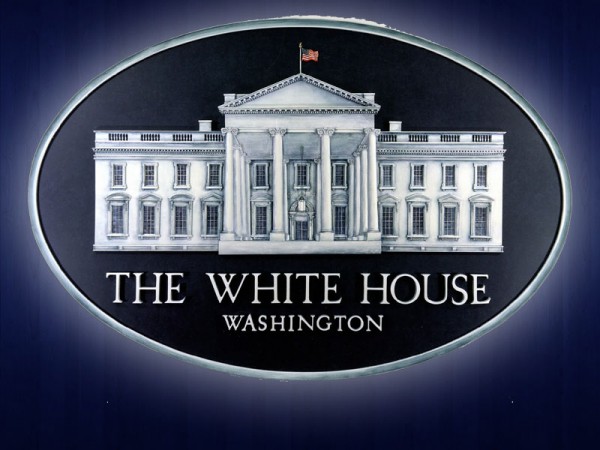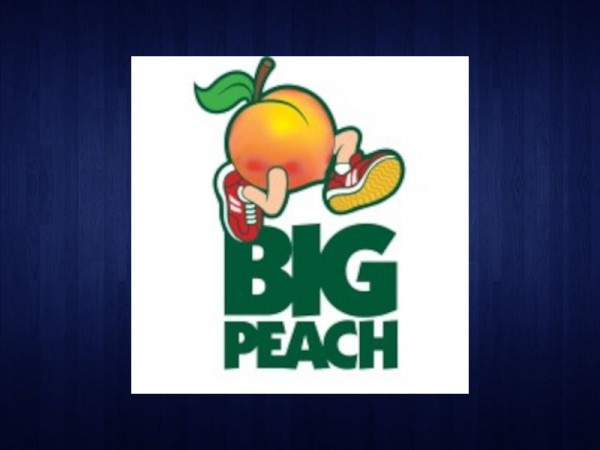SAN JOSE, CALIFORNIA - Sun Microsystems Inc. sued rival Microsoft Corp. Friday, claiming more than $1 billion in damages from the software giant's decision to make its Windows XP operating system incompatible with Sun's Java programming language.
Drawing on the 2000 federal court ruling that found Microsoft abused its illegal monopoly power, Sun accused its longtime antagonist of ``extensive anticompetitive conduct'' that forced other companies to distribute products that don't work with Java, effectively crippling Java and inhibiting its growth.
Microsoft spokesman Vivek Varma said he was surprised by the lawsuit because the companies settled a separate lawsuit over Java last year.
``It's time to move past these issues,'' he said. ``Any lack of consumer acceptance of Java is due to Sun's own failures and not by actions by Microsoft.''
This case comes less than two months after another competitor, AOL Time Warner Inc., sued Microsoft for allegedly using its dominant position to crush the rival Netscape Navigator Web browser. Like the Java issue, the browser war was central to the government's antitrust against Microsoft.
Java is a popular programming language that supports software applications on a variety of computers, regardless of the underlying operating system. Java is widely used on Web sites, and Sun had hoped to make it a universal programming language.
In Sun's lawsuit in U.S. District Court in San Jose, the Silicon Valley company asked that Microsoft be forced to distribute Sun's latest version of Java with Windows XP and the Internet Explorer browser.
Sun's general counsel, Mike Morris, said the company's server sales have suffered as a result of the actions against Java - because much of Sun's Web services for corporate users are based on Java, and Microsoft offers a competing services platform known as .NET.
``We can show substantial damages. It would be north of a billion,'' Morris said in an interview.
When asked by a financial analyst in a conference call why Sun would bog itself down in a legal morass with uncertain results, Morris replied: ``We will see the money.''
Dana Hayter, an antitrust attorney who worked on the original government case against Microsoft but now is in private practice in San Francisco, said Sun clearly is worried that Microsoft won't be restrained enough by the settlement with the Justice Department.
``There's more of a threat to Sun now because Microsoft is kind of moving up the chain into powerful computing platforms,'' Hayter said.
Sun also hopes to force Microsoft to disclose the programming codes at the root of its software and ``unbundle'' products it sells together, such as Internet Explorer and the IIS software for Internet servers.
Rivals have long sought to make Microsoft open its programming system so they can create applications that work with Windows, which runs more than 90 percent of the world's personal computers.
``What is at stake here is the future of an open software industry and an open Internet,'' Morris said.
Last year, Sun settled a federal breach-of-contract suit against Microsoft over the Redmond, Wash.-based company's creation of a Windows-only version of Java that was incompatible with other software. Microsoft paid Sun $20 million and agreed to no longer license Java from Sun.
Microsoft then decided not to include tools for reading Java in Windows XP, which was released late last year. The move angered Sun, but Microsoft said it was the best way to follow the settlement.
Morris said that was a unilateral decision by Microsoft that was not called for in the settlement. The result, he said, was that many consumers must download Java themselves, which Morris called a ``real burden.''
``There are millions of Web pages that require (Java) for their features to work,'' Morris said.
Gartner analyst David Smith believes Sun will have a hard time proving its server sales have been harmed by Microsoft's actions, though he said ``they've got a better chance of proving damages than AOL does.''
A potential difficulty for Sun's case, Smith said, is that the company doesn't sell Java - it's freely available to any software developer who wants to use it. That is because Sun believes that the more Java applications there are, the more its servers and software are attractive alternatives to Microsoft products.
Sun expects to find some support for its arguments in a ruling from the federal appeals court that overturned a lower court's order that Microsoft be broken up.
The U.S. Circuit Court of Appeals for the District of Columbia said making an incompatible version of Java was not illegal, but agreements with software vendors to use only the Microsoft-compatible Java version indeed were against the law.
A settlement of that antitrust case - which Sun and other Microsoft competitors have ridiculed as a mere slap on the wrist by the government - is before a federal judge for approval. She indicated Wednesday she won't rule anytime soon.
Separately, nine states, led by California and Iowa, are seeking harsher penalties against Microsoft. They want to make Microsoft offer a stripped-down Windows that also includes an industry-standard version of Java.
Sun shares gained more than 13 percent, or $1.17, to $10 on the Nasdaq Stock Market, where Microsoft shares rose $1.23 to $63.95.
Thursday
July 3rd, 2025
3:25AM
















